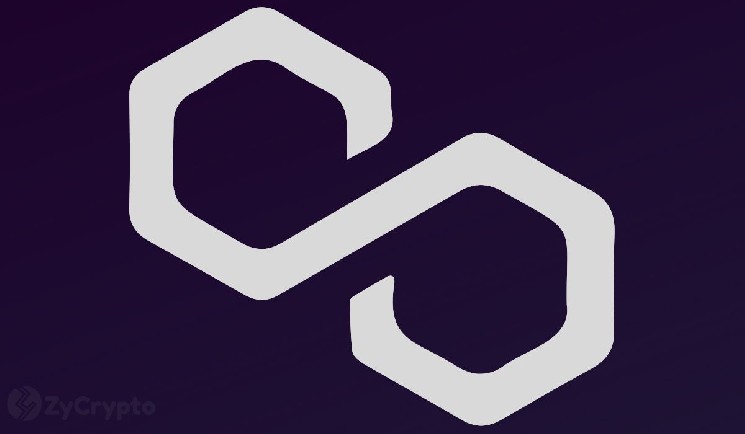- The bridging solution is enhanced with fast finality and improved user experience.
- Polygon zkEVM mainnet beta went live in March as an open-source, permissionless, and public platform.
Polygon, the Ethereum layer-2 scaling solution, has integrated a PoS bridge to its zero-knowledge Ethereum Virtual Machine (zkEVM), according to an April 26 statement.
Polygon Bridge for zkEVM has almost the same user experience as that of Polygon PoS but with some enhancements, including a visible progress bar, a transaction panel with colour-coded completion status, a time estimate for pending transactions, and a filter.
Also important to note is the improved finality of the zkEVM Polygon Bridge, reportedly allowing users to claim funds on the Ethereum mainnet in between 30-60 seconds. Per the developers, bridges using zero-knowledge technology are better than competing technologies because they are based entirely on smart contracts. Additionally, no mapping is required.
‘‘Once a user triggers the bridging transaction, the token being bridged will automatically be mapped. This is a major UX improvement compared to other chains, which require users to map tokens before bridging – a process that can take hours or even days,’’ Polygon wrote.
zkEVM enhancing Polygon’s scalability of Ethereum
Polygon had its zero-knowledge Ethereum Virtual Machine (zkEVM) mainnet beta launch last month, a significant milestone in the network aimed at improving the scalability of the decentralized applications (dApps) built on Ethereum.
zkEVM is enabled with zero-knowledge proofs, a technology allowing data validation without revealing the data itself. Polygon developers tout the technology as key in enhancing the security and privacy of dApps cost-effectively and efficiently.
Ethereum co-founder Vitalik Buterin endorsed zkEVM, becoming the first to complete a successful transaction of 0.005 ETH sent to a random address. Some of the dApps using zkEVM include Lens and Balancer. Infrastructure providers like ANKR, The Graph, and Alchemy also use the platform.
Polygon is also making strides in other areas around zero-knowledge technology, recently introducing a decentralized identity solution giving developers tools to create self-sovereign, decentralized, and private identity solutions based on zero-knowledge proofs.
 zycrypto.com
zycrypto.com
